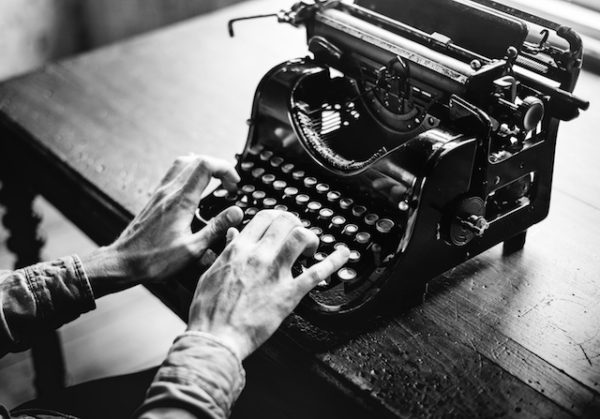Ernest Hemingway may be the 20th century literary creative icon that stands above all others. He wrote such masterpieces as The Old Man and the Sea and A Farewell to Arms. When it comes to creativity you could do worse than to look to him. In 1934 a young man named Arnold Samuelson hitched a ride on a coal car from Minnesota all the way to Key West. His goal was to spend at least an hour with Hemingway trying to learn something about the craft of writing. He ended up spending a year with the master.

Amongst the many other things Samuelson learned, this was one that stood out. Hemingway said:
The most important thing I’ve learned about writing is never write too much at a time… Never pump yourself dry. Leave a little for the next day. The main thing is to know when to stop. Don’t wait till you’ve written yourself out. When you’re still going good and you come to an interesting place and you know what’s going to happen next, that’s the time to stop. Then leave it alone and don’t think about it; let your subconscious mind do the work.
I’ve heard it said (though haven’t tracked down a reliable source) that Hemingway would use a simple technique to keep his writing moving. He would apparently write half a sentence at the end of the day. He knew how it would end. So he’d be able to pick right up the next day where he left off. It sounds easy. But it’s really not.
The hard work of writing came as Hemingway would write and rewrite. It came as he would the morning hours writing what he had researched and dreamed up in his mind. Hemingway claimed that he rewrote A Farewell to Arms over fifty times. Nothing complicated about it. Write. And then rewrite. Not complicated, but very difficult and very hard work.
Two lessons from Hemingway:
- Quit when you know where you’re going next. Use your own trick to “stop in the middle of the sentence” and pick up where you left off.
- You won’t have a masterpiece on your first try. Don’t be afraid to tweak, rewrite, re-work, and do whatever you can to refine your work. It will be all that much better.
What tricks do you use to inspire your creativity?
This is part of an occasional series of lessons in creativity from creative masters.

Y.E.S.